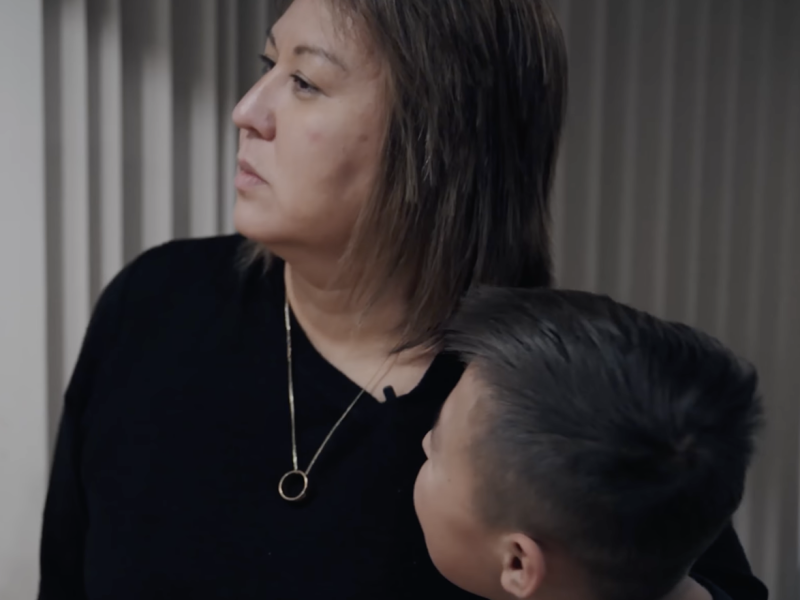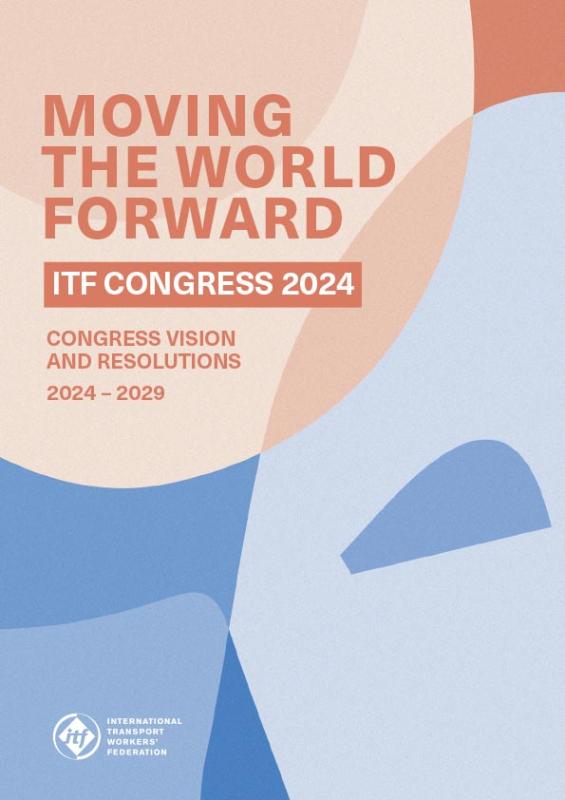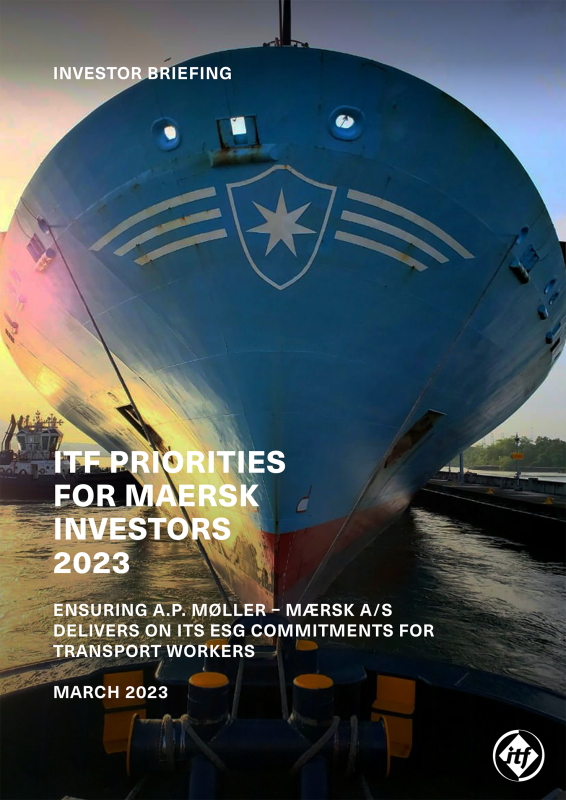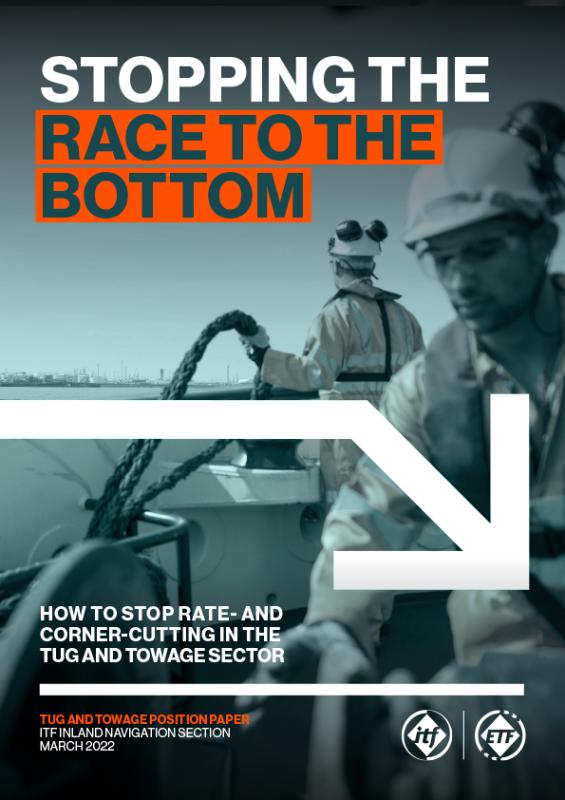Inland Navigation
The ITF represents crew on inland waterways vessels throughout the world, in both trade and passenger tourism. We campaign for better working conditions on canals, rivers and lakes, and in ports and harbours. From timber to tourists, coffee to commuters, our crews carry cargo and passengers in a growing and increasingly challenging industry.
ISSUES
Workers on the world’s waterways are seeing a decline in their working conditions and a reduction in their pay and training. This is due to globalisation, market consolidation and increasing deregulation in the sector. The role of the ITF and its affiliated inland navigation unions has never been more crucial in fighting for sustainable jobs and workers’ rights in the sector and in the wider global supply chains.
OUR PRIORITIES
RAISING INDUSTRY STANDARDS
SUPPLY CHAIN ACCOUNTABILITY
REGULATION & ENFORCEMENT
ORGANISING
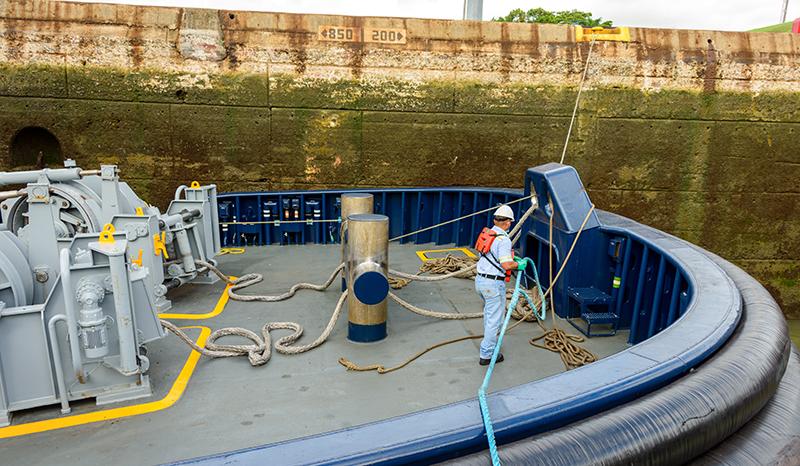
The ITF inland navigation section consists of 114 affiliated unions from 64 countries worldwide, representing around 115,000 members.
We fight for a safe workplace and fair treatment of all inland navigation workers, including their right to join a union to protect them at work.
The main issues ITF’s Inland Navigation Section works on are:
- The fight for international core principles
- Organising workers to defend their rights
- Stopping the race to the bottom for tug workers
To ensure that governments and authorities maintain and enforce high working standards, the ITF launched our ‘Stopping the race to the bottom’ campaign for tug and towage workers to raise awareness of their vital role in the global supply chain.
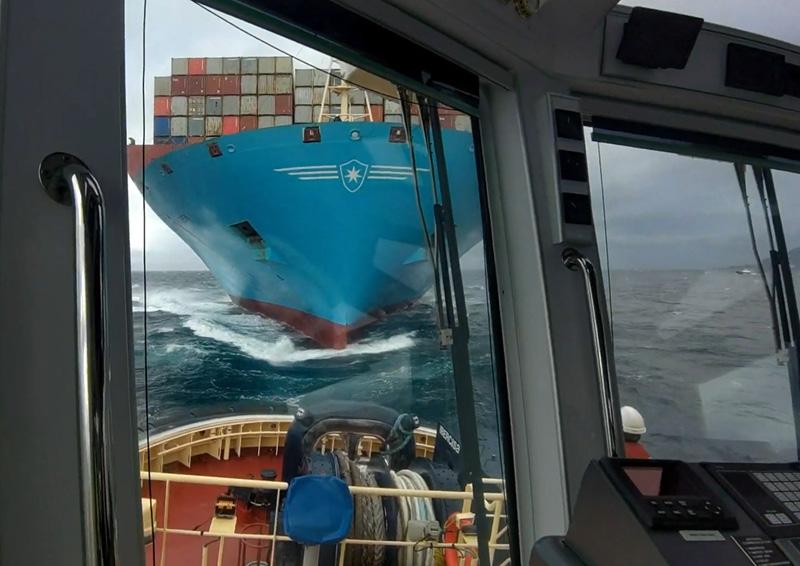
Our objectives across all our work include:
- Establishing and improving minimum standards across the industry - nationally, regionally and internationally.
- Developing and promoting regulations and codes of conduct governing the industry.
- Safeguarding the jobs of members in the face of ownership changes, and the use of non-domiciled workers.
- Promoting inland navigation as a mode of public transport and an sustainable way to transport goods.
- Promoting decent working conditions and health and safety on board tug vessels.
- Building union density and increasing diversity among our affiliated unions’ membership.
Our democratic committee decides on the issues we focus on.
This May Day, transport workers stand united for a better world
International Workers’ Memorial Day 2025: Remember the dead, fight for the living
Transport unions strike against Milei's anti-union laws
Congress Vision and Resolutions 2024-2029
ITF Priorities for Maersk Investors 2023
This briefing for investors analyses A.P. Moller – Maersk’s approach to Environmental, Social and Governance issues in the year to March 2023. It highlights examples of good practice which our
Stopping the Race to the Bottom – ITF Inland Navigation Tug and Towage

The ITF Inland Navigation Section Committee brings together trade unions representing workers who move passengers and cargo on the world’s canals, rivers and lakes, and ports and harbours. The Section is run on a democratic basis, with representation from all world regions as well as women and youth leaders.
| Contact us | |
|---|---|
SECTION COORDINATOR Fabrizio Barcellona | --- |
ASSISTANT COORDINATOR Steve Yandell |
Jacques Kerkhof
Mariano Moreno
Chowdhury Ashiqul Alam
Olga Losinskaya
Matias Hernan Vargas
Brigitte Sharadi
Chowdhury Ashiqul Alam
Manoj Yadav
Hossam El Din Mustafa
Jacques Kerkhof
Bert Klein
Vacant
Olga Losinskaya
Mariano Moreno
Ricardo Ponzi
Francisco del Gaudio
Matias Hernan Vargas
Jason Woods
Eduardo Iglesias

The ITF Inland Navigation Section has 114 affiliated unions from 64 countries representing 115,000 workers worldwide.






